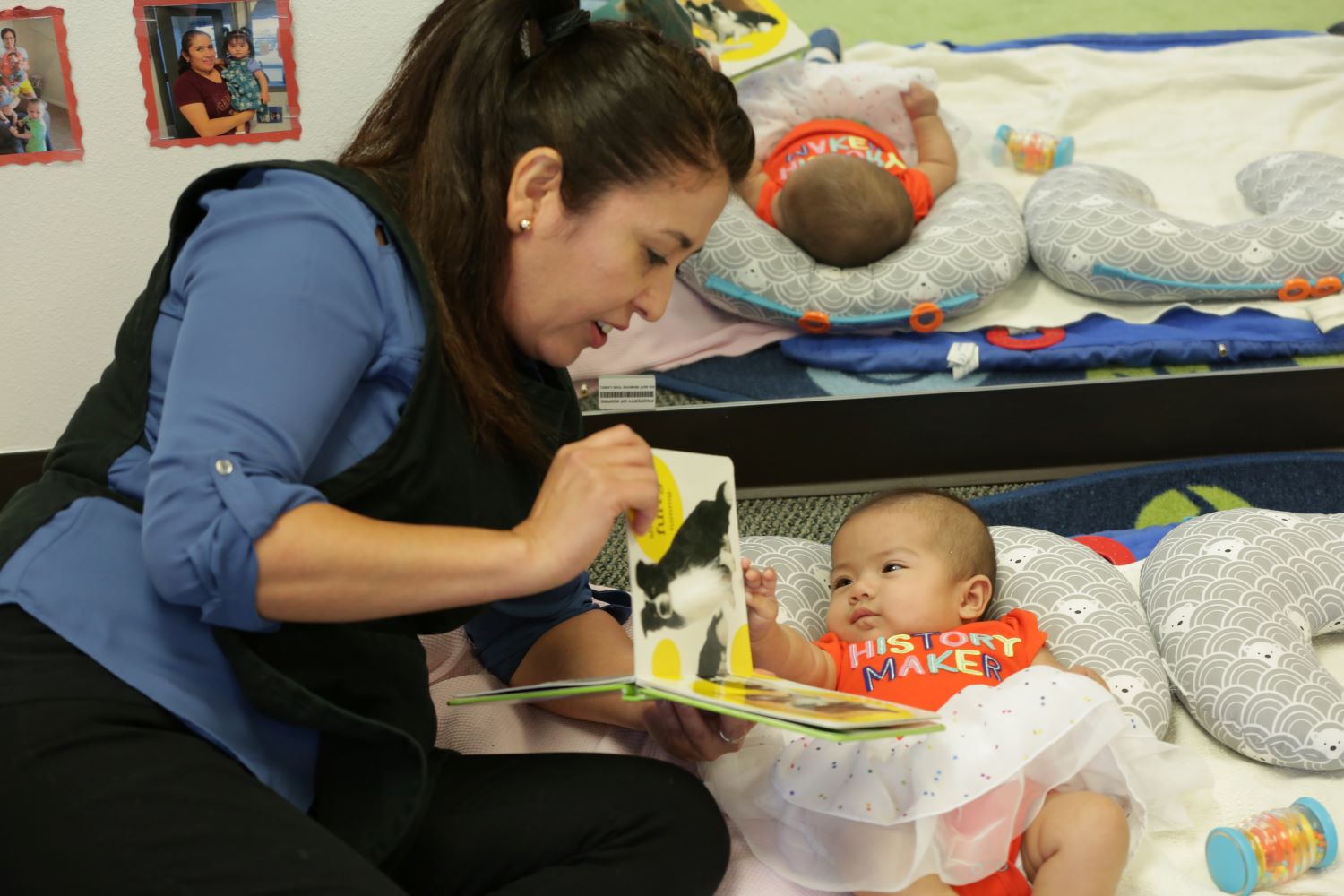
Education staff learn to appreciate children’s developmental processes, behaviors, temperaments, interests, challenges, and family contexts when they reflect on what they know about each child and interpret what the information or data means. Reflection and interpretation lead staff to conclusions that, in turn, help them plan and implement individualized care practices within their curriculum.
This is important work because infants and toddlers change rapidly over time. They may reach individual goals and need new ones. For their part, staff need to think about how learning environments, interactions, and teaching practices contribute to children’s developing skills and what might need to change to better support children.
Find additional questions and a description of what staff can learn about children through reflection and interpretation in the Reviewing and Reflecting on Observation Information section of Child Observation: The Heart of Individualizing Responsive Care for Infants and Toddlers.
Reflection involves asking questions about ongoing assessment information. For example, what are the child’s successes and challenges? Is the child’s progress toward her individual goals what staff and families expect? Are there any patterns, trends, or inconsistencies? Other questions might include:
- What strategies does the child use to learn?
- How do adult actions affect the child’s experiences?
- What skills has the child mastered in each Early Learning Outcomes Framework (ELOF) domain? What skills are emerging?
- What objects, materials, and experiences interest and motivate the child?
- What captures the child’s attention? How can I tell?
Interpreting involves developing hypotheses — or making educated guesses — about what the data reveals about the child to decide next steps. Staff review ongoing child assessment information and combine it with information they’ve gathered from families to make informed decisions about how to individualize curriculum to support children’s development and learning. Staff decide if a child’s individual goals need to be updated. Or they may need to look at a different aspect of the goal or set a new goal entirely that better reflects the child’s development. These goals inform staff decisions about how to best use curriculum resources to individualize interactions, routines, schedules, learning experiences, and environments.
[1]Margo Dichtelmiller, The Power of Assessment: Transforming Teaching and Learning (Washington, DC: Teaching Strategies, Inc., 2011), 179.
[2]Ibid., 180.
[3]Dichtelmiller, The Power of Assessment, 183; New Jersey Council for Young Children, New Jersey Birth to Three Early Learning Standards (Trenton, NJ: New Jersey Department of Education, 2013), 35, 59.
Read more:
Resource Type: Article
National Centers: Early Childhood Development, Teaching and Learning
Last Updated: January 15, 2025